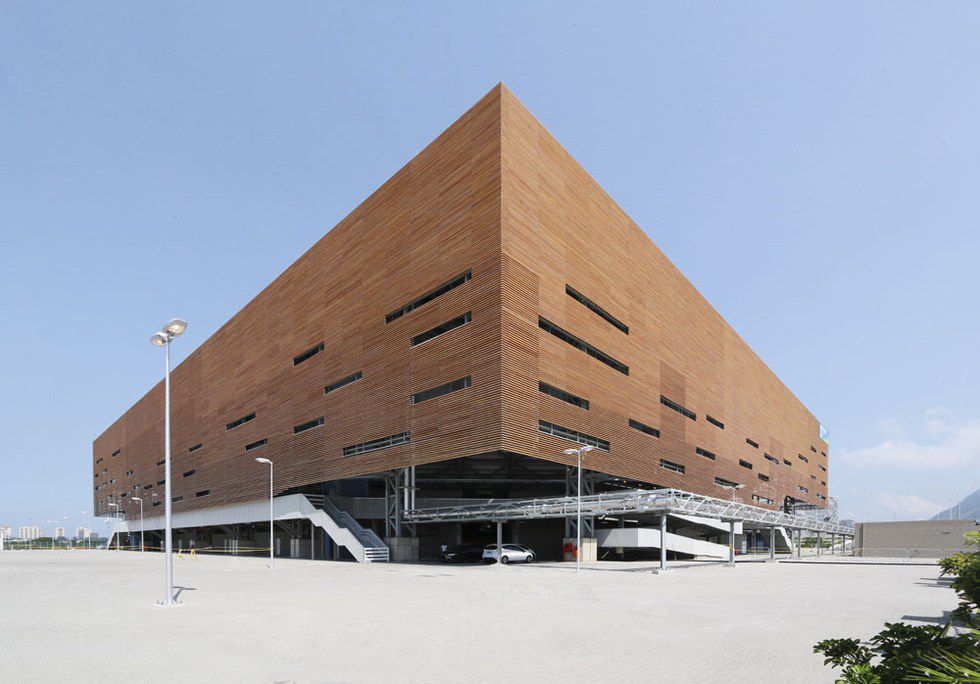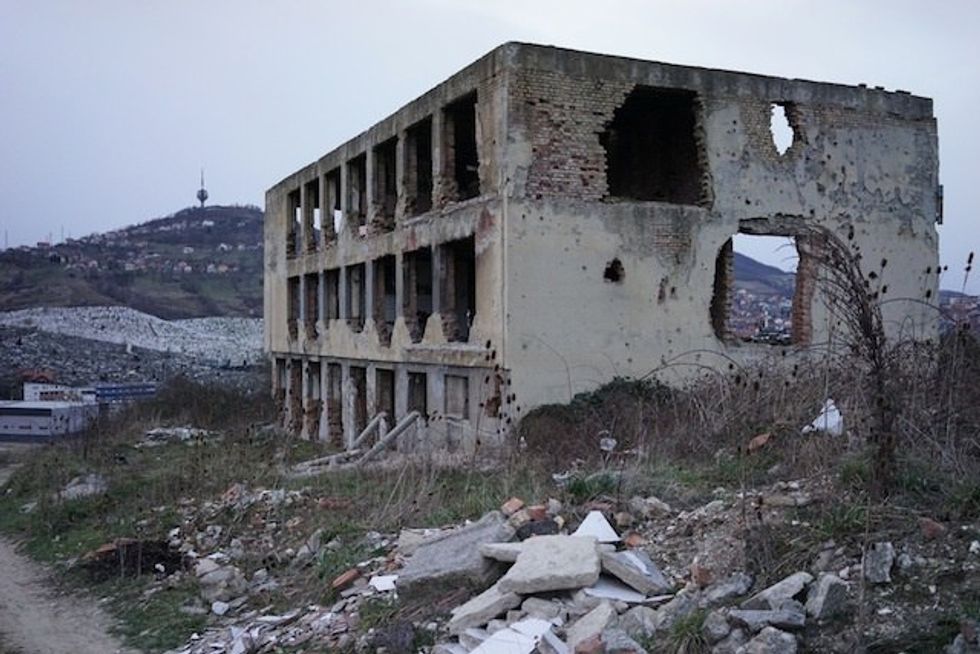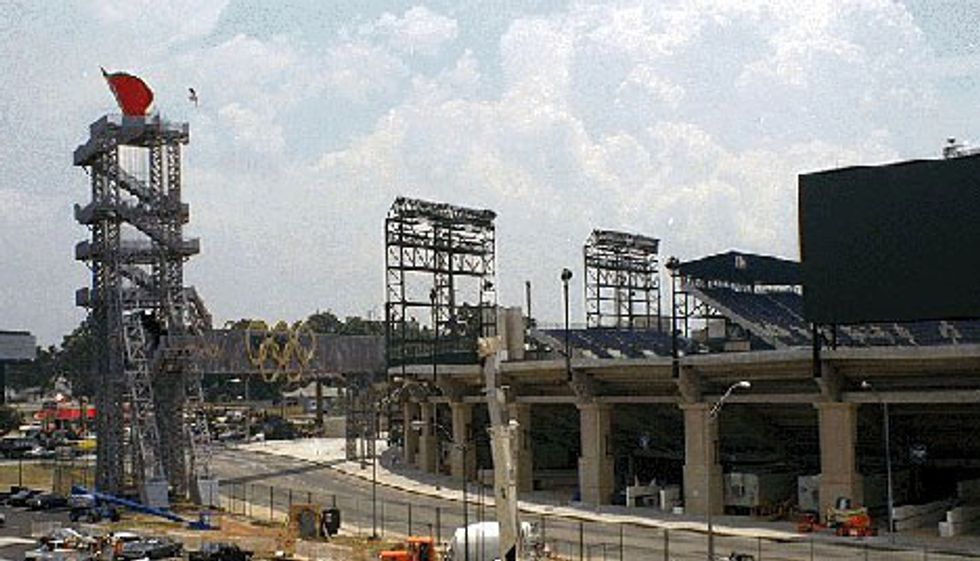The 2016 Rio Olympic games are coming to an end in a few days. Rio has transformed many parts of the city just to accommodate the competitive games. Soon the excitement will die down and the crowds will disperse, but what is going to happen to the costly multi-million-dollar venues after the games? Despite the amount of debt that cities hosting the Olympic can plunge themselves into, the Olympic games allows cities the opportunity to completely transform their infrastructure, as well as their global image. And with those types of odds, past cities to host the games have flourished and others have been stumped out.
After the city of Sarajevo hosted the 1984 winter games, the country of Bosnia and Herzegovina, slipped into an economic downfall. With economic mishaps, the religious cleansing of Muslims and destruction becoming the norm, Sarajevo found itself on the receiving end of the longest siege in military history.
With thousands of people misplaced, Olympic venues were being turned into refuges and then battlefields; this incident is known as the Bosnian Civil War, which ended in 1995. Reminders of the Games are now very few, and those surviving ruins are slowly being replaced as the city tries to grow beyond their wounds of war. This knowledge of economic instability with Sarajevo is so similar to Rio's circumstances even before the Games. Reports from Rio state that many of the government leaders have been accused of corruption, embezzling the country’s funds, and even murder. The host city of the 1996 summer Olympics, Atlanta, has completely rebuilt their international image around being an Olympic city, no matter how poorly-executed the Games were and human rights violations or not.
Atlanta today has become more of an international metropolitan center in the world. After Atlanta hosted, many of the venues had temporary features and had a chance to be re-purposed. A portion on the game were host at The University of Georgia’s Sanford football Stadium, and 75% of the Olympic Stadium was torn down only to become the home of the Atlanta Braves – and will soon be the new football stadium for the Georgia State University Panthers. Both Georgia State University and Georgia Tech took over parts of the Olympic Village for student dormitories. The aquatics facility gave the Georgia Tech Yellow Jacket swim team one of the finest homes in the nation. It’s worth noting that while the stadium was torn down, the Olympic Torch still stands off of I-75 near Hartsfield-Jackson Airport, a testament to the city being one of the homes of the world games.
Like Atlanta, Rio has plans to re-purpose it’s areas for the sake of education. Reports from the Mayor of Rio, Eduardo Paes, state that Olympic handball and the Paralympic goalball games arena will be re-purposed into four state-run schools in the nearby neighborhoods of Jacarepagua and Barra, and in São Cristóvão on the eastern coast. 





















